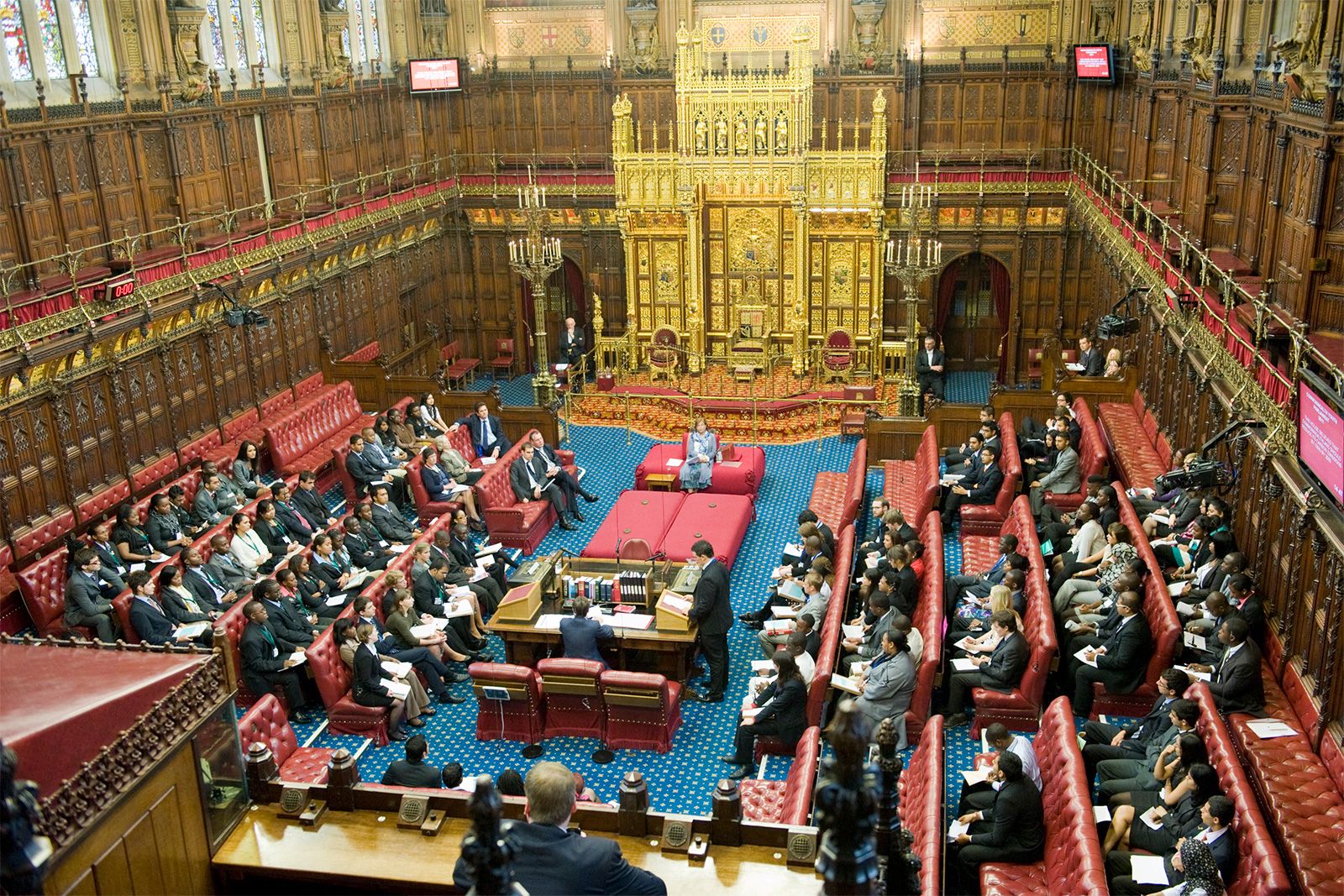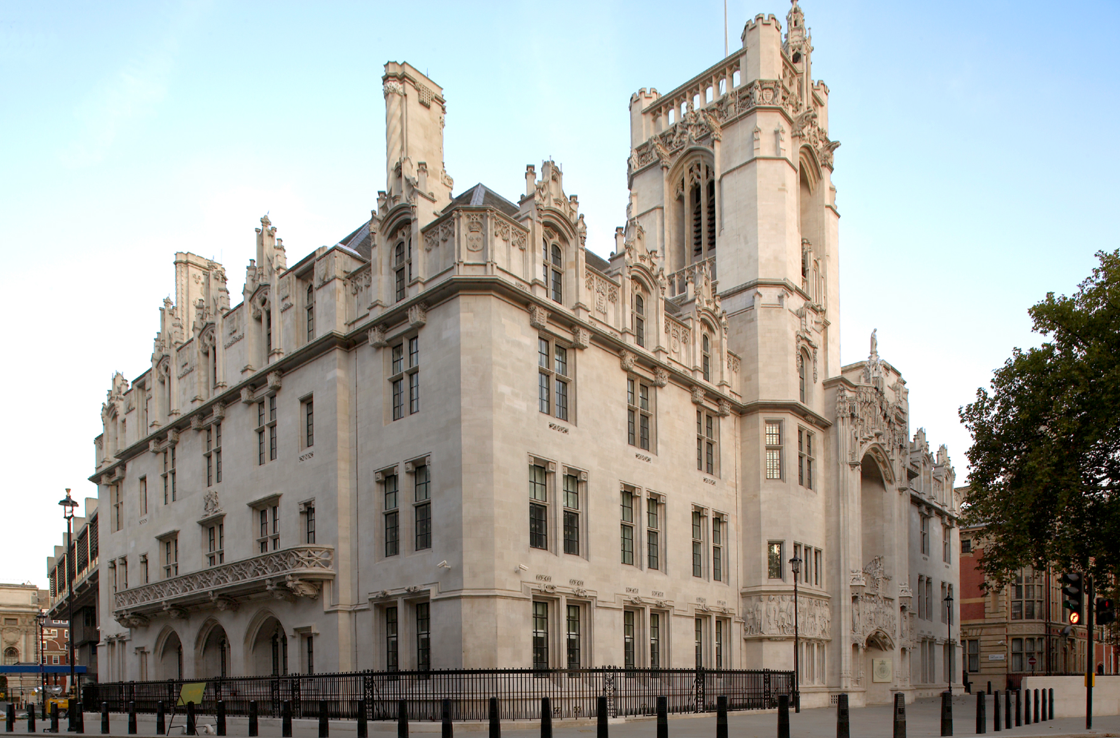Regina v. G and another
[2003] UKHL 50
The landmark House of Lords case that overruled the Caldwell test and transformed the law of recklessness in criminal damage

[2003] UKHL 50
The landmark House of Lords case that overruled the Caldwell test and transformed the law of recklessness in criminal damage

21-22 August 2000
Two boys, aged 11 and 12, went camping overnight without their parents' permission. In the early hours, they entered the back yard of a Co-op shop in Newport Pagnell.
Early hours of 22 August
The boys lit newspapers with a lighter and threw them under plastic wheelie bins. They left without extinguishing the flames, expecting them to die out on the concrete.
Consequence
The fire spread from the bins to the shop's eaves, guttering, and roof space, eventually causing the roof to collapse. Approximately £1 million worth of damage resulted.
Established in 1982, the Caldwell test applied an objective standard for recklessness, judging defendants by what a reasonable person would have foreseen, regardless of the defendant's actual state of mind.
Section 1(1) criminalizes destroying or damaging property belonging to another, either intentionally or being reckless as to whether such property would be destroyed or damaged.
The pre-Caldwell subjective test required proof that the defendant actually foresaw the risk of harm but proceeded regardless - a test that considered the defendant's actual state of mind.
The House of Lords unanimously overruled the Caldwell test, with Lord Bingham delivering the leading judgment. The court held that the Caldwell interpretation was a misinterpretation of Parliament's intention when enacting the Criminal Damage Act 1971.

The decision restored the subjective test for recklessness, requiring proof that the defendant was aware of the risk and unreasonably took it.
The ruling recognized that children should not be judged by adult standards in criminal law, aligning with the UN Convention on the Rights of the Child.
The decision vindicated years of academic criticism and restored confidence in the criminal justice system's fairness.
The case established important precedent for how courts should interpret statutory language and consider the capacity of young defendants.
"It is neither moral nor just to convict a defendant (least of all a child) on the strength of what someone else would have apprehended if the defendant himself had no such apprehension."
— Lord Bingham of Cornhill
"A person acts recklessly within the meaning of section 1 of the Criminal Damage Act 1971 with respect to a circumstance when he is aware of a risk that it exists or will exist, and it is, in the circumstances known to him, unreasonable to take the risk."
— The New Test for Recklessness